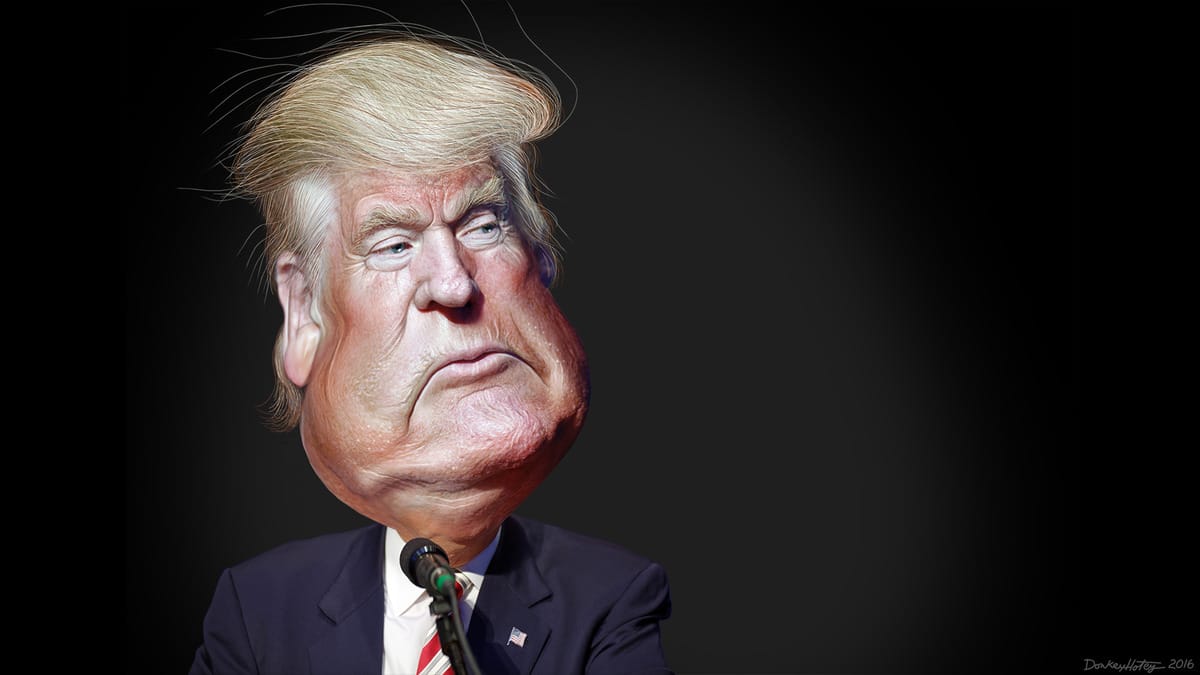Many of us wrestle with the unsettling truth that everyone – including ourselves and those we love – will one day die. Though this awareness is uncomfortable, research suggests that the human capacity to contemplate death is a byproduct of consciousness itself.
In fact, our efforts to cope with mortality are at the core of culture, religion, the desire for wealth, and even many of today’s societal crises. How might a deeper understanding of our implicit reactions to mortality help us turn towards responses that are more supportive of our species and planet?
In this episode, Nate is joined by Sheldon Solomon, a psychologist and co-developer of Terror Management Theory, which posits that while all living beings strive to survive, humans are unique in knowing that death is unavoidable.
Why does our fear of death drive materialism and the endless hunger for “more”? How do reminders of death impact our attitudes toward people with different political or religious beliefs?
And lastly, could practices rooted in mindfulness, gratitude, and awe help us to more skillfully relate to death anxiety by strengthening our relationships, giving to our community, and reveling in the expansive magnificence of the universe in which we get to inhabit?







